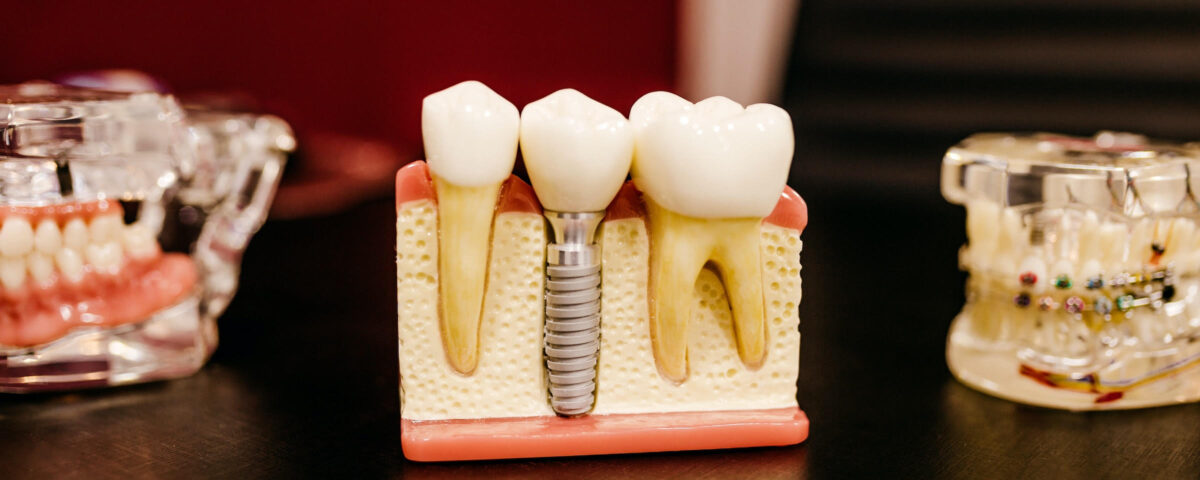
Atlanta Dentist Explains the Difference Between Fillings and Root Canals
January 12, 2023
Surprising Benefits of Sleep Apnea Treatment
February 10, 2023Missing teeth can affect your ability to eat and speak properly, not to mention your appearance and self-esteem. Fortunately, a restoration dentist can provide several treatment options, including bridges, dentures, and dental implants. Experts consider implants to be the superior method of tooth replacement. But how do you know whether the treatment is right for you?
At Smiles 4 Grant Park in Atlanta, GA, Dr. Abbey Lee is an experienced restoration dentist. Before recommending any treatment, she will conduct a thorough evaluation of your oral health. Then, together, you can choose a treatment in keeping with your health needs, goals, and budget.
To find out if you are a candidate for implants, contact our office and schedule an appointment.
How Implants Work
In essence, implants are replacement tooth roots. Your dentist will position tiny metal implants in your jawbone. Over the next few months, the bone and gum tissue will heal around the posts. This process, known as osseointegration, ensures that the posts become permanent fixtures in your mouth.
Once healing is finished, your restoration dentist will attach your new dental prosthetic. A single implant can support one dental crown, while multiple implants can support a bridge or even a full denture.
Jawbone Health
When assessing your candidacy for implants, one of the first things that your restoration dentist will consider is your jaw structure. Although implants can prevent bone loss, you must also have enough bone tissue to begin with. Unfortunately, tooth loss inevitably leads to jawbone recession. If you have been missing teeth for a while, you may not have a stable foundation for implants.
Fortunately, in many cases, a bone graft can provide the additional tissue – and stability – that you need.
Periodontal Health
Gum health is another important factor. Rampant gum disease will eventually cause the soft tissues to recede. This could lead to implant failure, causing your restorations to loosen or come out. Many times, periodontal care, such as a deep cleaning, may be enough to restore your candidacy. In other cases, your restoration dentist may recommend an alternative treatment.
Other Health Considerations
There are several systemic health conditions that may also affect your ability to receive dental implants. Uncontrolled diabetes and autoimmune diseases can compromise osseointegration. Radiation for head or neck cancer could also lead to implant failure. And if you clench and grind your teeth – a condition known as bruxism – this could damage dental implants over time.
If you suffer from any of these conditions, it doesn’t automatically exclude you from dental implants. But Dr. Lee will need to evaluate your case individually. In fact, one study showed that diabetes, along with head and neck radiation, were two of the most significant reasons for implant failure. Even then, implants still have a remarkable success rate between 95 and 93%.
Schedule a Consultation with Your Restoration Dentist
Find out if you are a candidate for dental implants! Schedule an appointment with a top-notch restoration dentist in the Atlanta area.
Contact Smiles 4 Grant Park online or give us a call at 404-328-7177.


